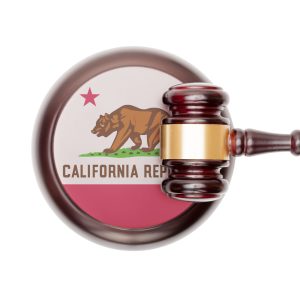
Michigan School Psychologist CE Requirements and Courses
Michigan School Psychologist CE Requirements and Courses
Fulfill your Michigan school psychology license renewal requirements today. CE4Less is approved by the American Psychological Association to sponsor continuing education for psychologists. To complete your school psychology CE, select the desired courses, or access our full catalog anytime with an Unlimited Subscription.
Michigan School Psychologist CE Requirements and Courses Requirements
Michigan School Psychologist Continuing Education Requirements
Total Hours Required: 150Elective Hours: 150Renewal Cycle in Years: 5Continuing Education Requirements:
A Preliminary School Psychologist Certificate: A one-time, 3-year renewal requires the completion of at least 6 semester credit hours in an approved school psychologist program from an EPI. The credit must be completed since the issue date of the preliminary psychology certificate. The preliminary school psychologist certificate may also be renewed with a valid, out-of-state school psychologist certificate.
A School Psychologist Certificate: Valid for 5 years and renewable using one of the following options:
Option A: One of the following Education-related professional learning options completed since the issue date of the most recent school psychology certificate or renewal and logged into MOECS:
- 6 semester credit hours appropriate for performing the roles of a school psychologist from a regionally accredited college or university; or
- 150 Michigan State Continuing Education Clock Hours (SCECHs) appropriate for performing the roles of a school psychologist; or
- 150 hours of Michigan District Provided Professional Development (DPPD) appropriate for performing the roles of a school psychologist.
- Any combination of the above equaling 150 hours.
Option B: A valid Michigan Professional Teaching Certificate.
Option C: A valid Nationally Certified School Psychologist (NCSP) credential.
Option D: A valid out-of-state school psychologist certificate. Option D is for a onetime renewal only.
Professional Learning Conversion:
- College credit: 1 semester credit = 25 professional learning hours
- SCECH Hours: 1 SCECH hour = 1 professional learning hour
- DPPD Hours: 1 DPPD hour = 1 professional learning hour
National Association of School Psychologists (NASP)
CE4Less is not an approved provider for NASP. However, NASP does accept up to 25 credit hours from “Self-Study” that don’t need NASP approval.
Sequenced Programs are self-studies developed and published to provide training in specific knowledge or skill areas. A test is typically given at the end of the course and usually a certificate of completion is issued. This can include courses taken on the Internet.
25 CPD credits may be earned from CE4Less.com, since our courses are considered sequenced programs. You should be able to answer “yes” to the following four questions about the course you take:
- Did the activity enhance or upgrade my professional skills or add to my knowledge base?
- Was the activity relevant to the professional practice of school psychology?
- Did the activity fit into my personal plan for continuing professional development?
- Did the activity go beyond the ordinary aspects of my employment?
You can view this information under “Category H: Self-Study” at the NASP website: http://www.nasponline.org/certification/renew_cpdcategories.aspx
$74.99 / yearAdd to Cart
Learn more

ACA Code of Ethics 2014 E053C

Ethics and Telemental Health E244B

Crisis Care and Service Systems Part 3: Crisis Care for Various Populations E273
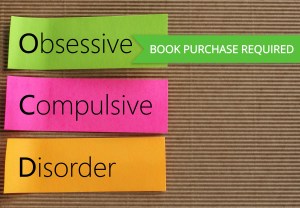
Obsessive Compulsive Disorder: Elements, History, Treatment, and Research T114

Clinical Management of Depressive Symptoms in the Context of Substance Use E271
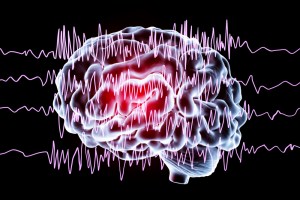
DSM-5-TR: A Comprehensive Overview E126C

Sexuality in Context and Sexually Transmitted Infections E266
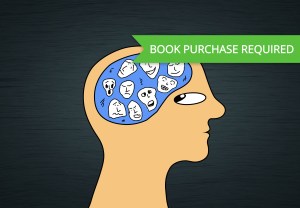
Dropping the Baby and Other Scary Thoughts, 2nd Edition T058B

APA Ethics Code 2017 – Ethics CE T017
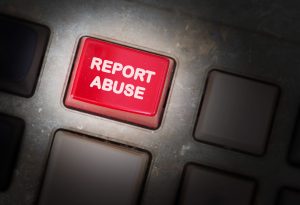
Mandatory Abuse Reporting E069D

ASWB
Child Abuse Assessment and Reporting E2153E

Child Abuse Assessment and Reporting E9153E
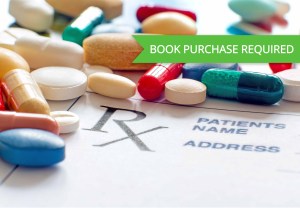
ASWB
Child and Adolescent Psychopharmacology Made Simple T2056D

Child and Adolescent Psychopharmacology Made Simple T9056D
